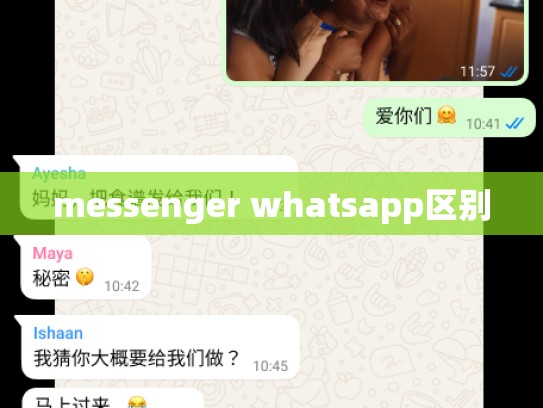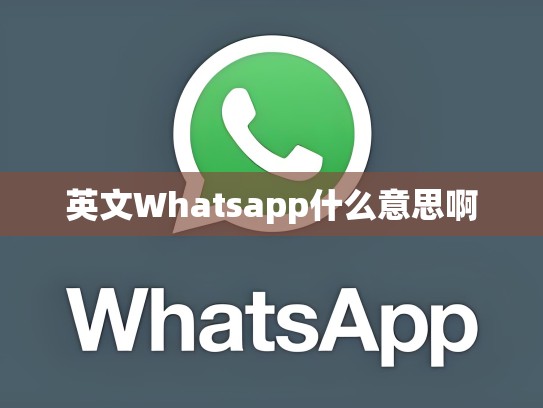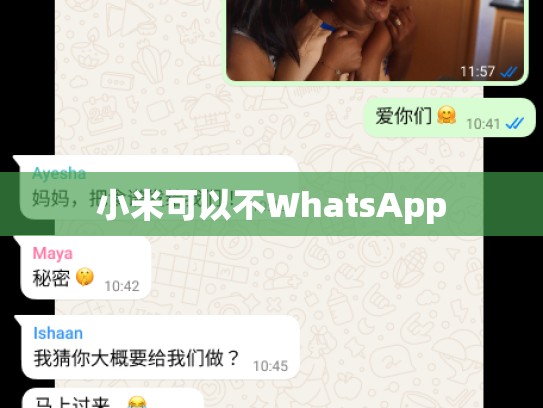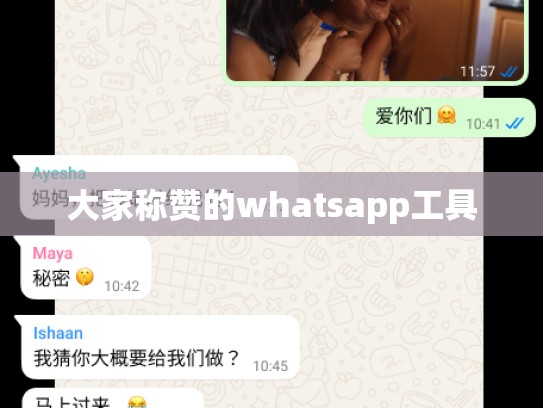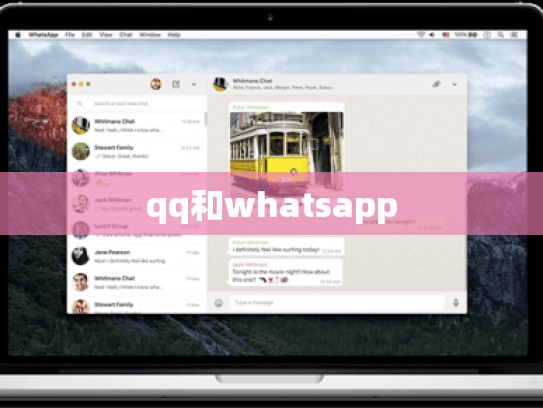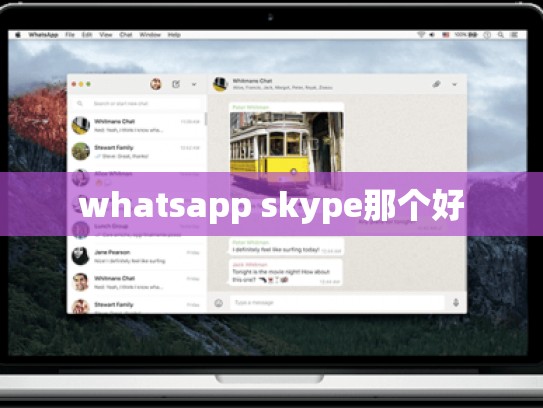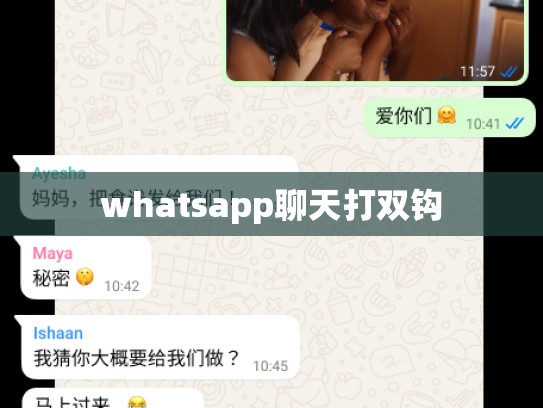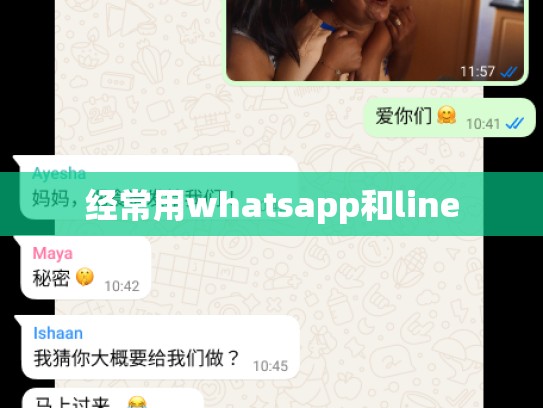Messenger vs WhatsApp: A Comparison in Communication Tools
In the ever-evolving landscape of digital communication tools, two giants stand out—WhatsApp and Facebook's Messenger. Both platforms offer similar features, but they differ in their design, user base, privacy settings, and overall user experience. This article will delve into the key differences between these two messaging apps to help you choose which one is best suited for your needs.
Platform Focus
-
Facebook Messenger:
- Known for its integration with Facebook and other social media networks.
- Offers a seamless experience with Facebook’s ecosystem, including groups, events, and other interconnected services.
-
WhatsApp:
- Primarily focused on mobile devices, particularly smartphones like iPhones and Androids.
- Designed specifically for short text messages, voice calls, and video chats.
User Base and Market Share
-
Facebook Messenger:
- Has a massive user base across all major platforms (iOS, Android, desktop).
- Dominates the global market share for instant messaging apps.
-
WhatsApp:
- Specializes in mobile-first technology, making it popular among smartphone users globally.
- Despite its focus on iOS and Android, it still has significant presence on desktop versions of these systems.
Privacy Settings
-
Facebook Messenger:
Offers extensive privacy options, allowing users to control who can see their messages and what information is shared publicly or privately.
-
WhatsApp:
Also offers robust privacy controls, enabling users to restrict access based on phone number, contact list, and more advanced options like end-to-end encryption.
Features and Integration
-
Facebook Messenger:
- Supports emojis, stickers, GIFs, and interactive elements such as polls and quizzes.
- Integrates well with other Facebook products and services.
-
WhatsApp:
- Provides basic emoji support and sticker packs, though not as rich as some competitors.
- Integrates with various third-party apps through iMessage, offering a broader range of integrations compared to Messenger.
Security and End-to-End Encryption
-
Facebook Messenger:
- Uses end-to-end encryption, ensuring that only the sender and recipient can read the message.
- However, there have been concerns about data security vulnerabilities reported by researchers.
-
WhatsApp:
- Offers end-to-end encryption, providing an additional layer of security over SMS/MMS messages.
- The company claims to be continuously working on improving encryption practices.
Cost and Subscription Models
-
Facebook Messenger:
- Free to use within the Messenger app itself, although paid plans exist for extra features.
- No subscription fees required once installed.
-
WhatsApp:
- Offers free service for individual users but requires an active internet connection for premium features like group chat storage and video calls.
- Paid subscriptions are available for enhanced features and reliability.
Cross-platform Compatibility
-
Facebook Messenger:
Compatible with both iOS and Android, and many web browsers.
-
WhatsApp:
Exclusive to iOS and Android, although it runs on web versions as well.
Conclusion
Both WhatsApp and Facebook Messenger are powerful tools for staying connected with friends and family, businesses, and communities worldwide. Given their respective strengths and target audiences, choosing one depends largely on personal preference, daily usage habits, and specific needs.
If you prioritize platform integration with Facebook and desire the most comprehensive suite of features, Facebook Messenger might be the better choice. For those looking for simplicity, convenience, and exclusive cross-platform availability, WhatsApp could be the ideal option.
Ultimately, the decision should align with your unique preferences and requirements for maintaining smooth communication channels in today's digital world.


